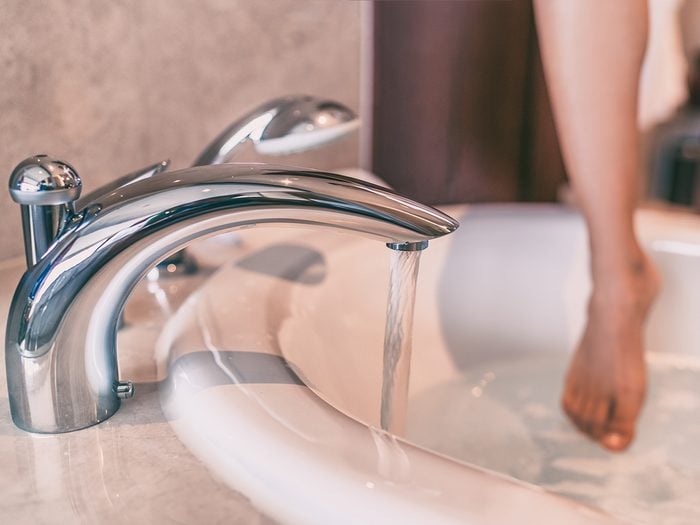
Take A Warm Bath
For a better sleep on a hot summer night, hop in the the tub an hour or two before bed. The warmth of the water sends blood to your extremities, allowing body heat to dissipate more quickly. Your core temperature will gradually decline, cueing the start of your body’s sleep cycle.
Read on for more practical tips to keep cool all summer long.
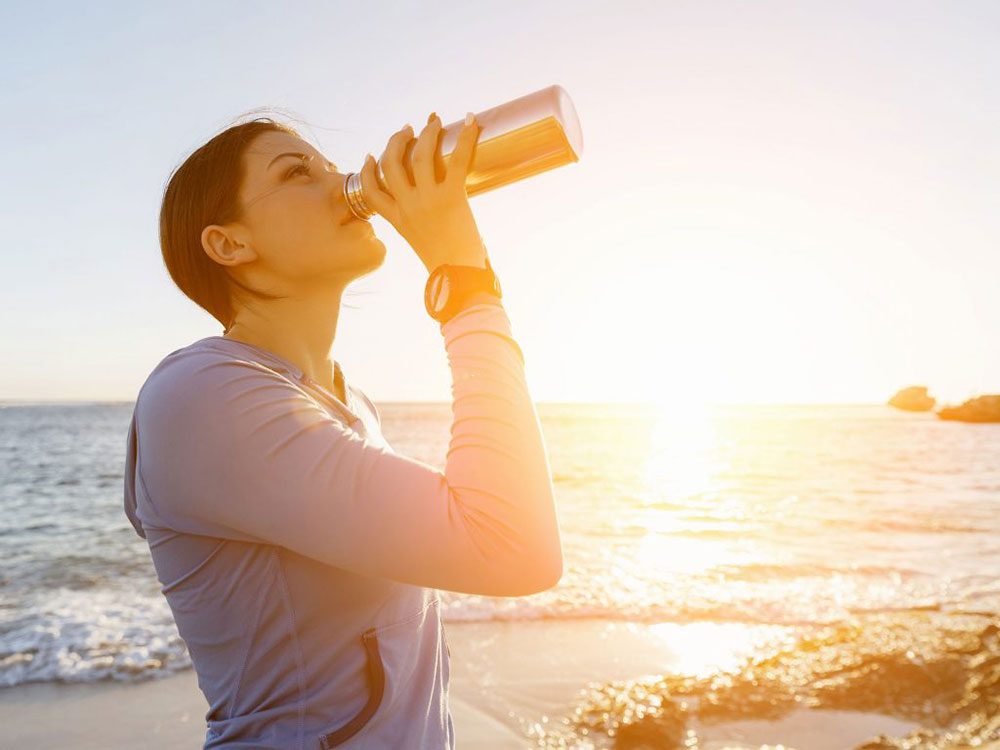
Stay Hydrated
“One of the most important ways to prevent heat-related illnesses is to drink plenty of fluids,” says Ian Fitzpatrick, Prevention and Safety, Canadian Red Cross. Aim for eight 250 mL glasses of fluid a day.
Brush up on the benefits of staying hydrated.
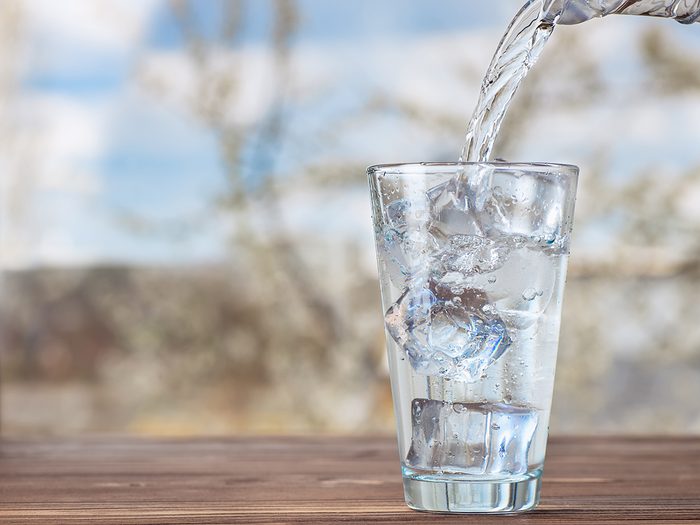
Trick Yourself Into Drinking More Water
You can easily add at least three cups a day by drinking a glass of water before your morning coffee, right before lunch, and another as you’re getting ready for bed.
Here are nine hydrating drinks that aren’t water.
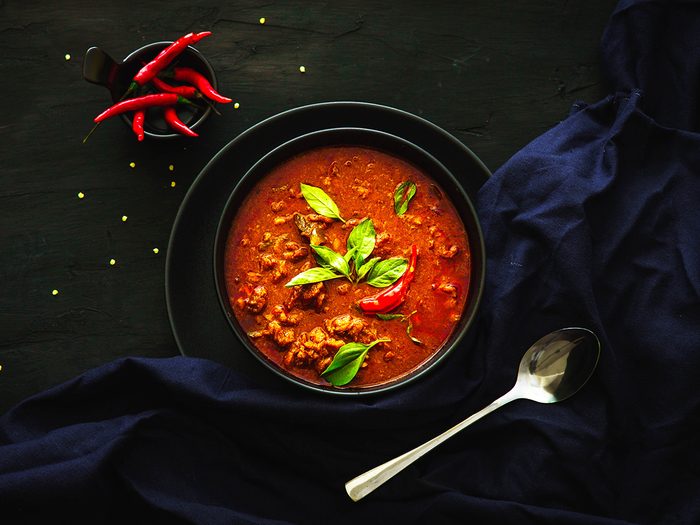
Eat Spicy Food
Capsaicin, a compound in chilies that gives them kick, triggers a response in your nervous system that makes your face sweat and cools you down.
Here’s more expert advice on how to stay cool in extreme heat.

Dress For Success
When under the sun, wear a light hat and loose-fitting light clothing that allows sweat to escape.
Beef up your summer sun protection with these expert-approved sunscreen tips.

Park With Care
Never leave your child or pet in a parked car, even for just a few minutes—deaths have been recorded with outside temperatures as low as 21 degrees Celsius.
Here’s what every first aid kit should contain.
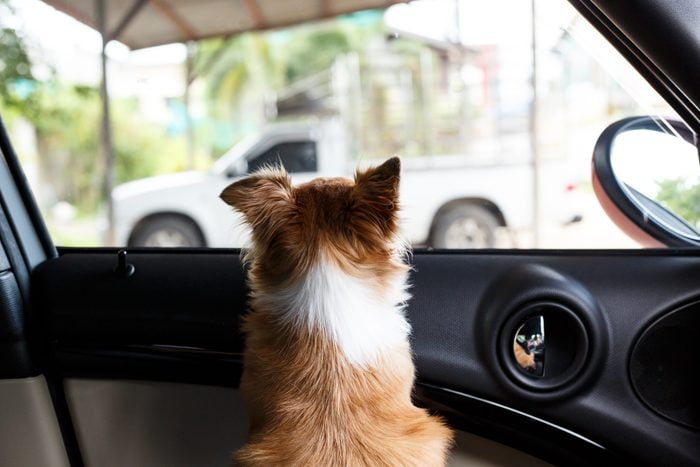
Don’t Rely on an Open Window
Cracking a window won’t help. “Vehicles are an enclosed space with a metal outer shell,” Fitzpatrick says. “They heat up very fast and have little, if any, air movement when the windows are closed.” Even with the windows ajar, the inside temperature can quickly increase to dangerous levels.
Learn how to spot the warning signs of heat stroke in dogs.
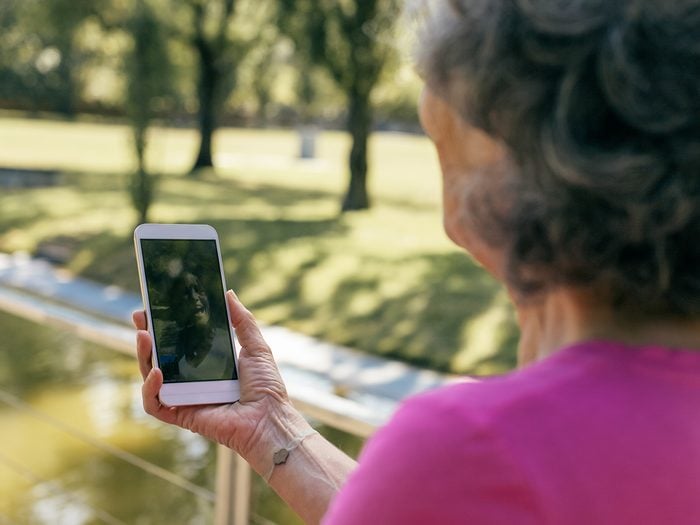
Protect Seniors
Age can make you more vulnerable to heat stress. “Babies, children and the elderly are less able to sweat and adjust to changes in temperature,” Fitzpatrick says. The risk becomes even greater for seniors who live alone, take certain medications or have cardiorenal disease.
Don’t miss these health tips for travelling seniors.
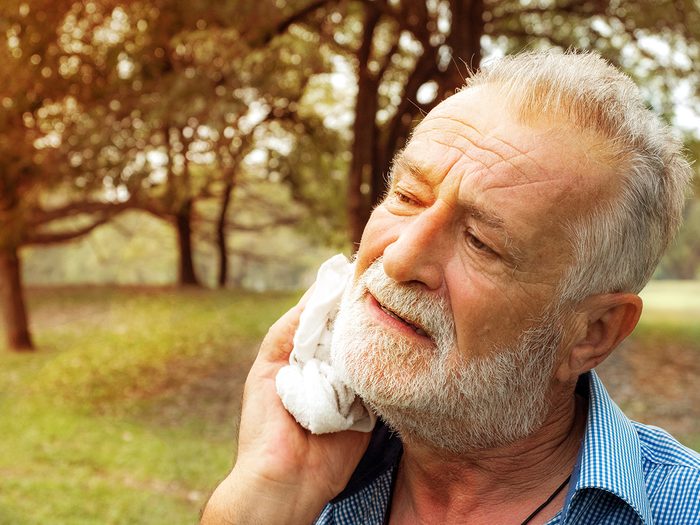
Know the Symptoms of Heat-Related Illness
Early symptoms of heat-related illness in elderly people don’t always include thirst. Check in with those who may be isolated; headache, confusion, dizziness or nausea may be signs they need immediate medical attention.
Here are 20 symptoms you should never ignore.
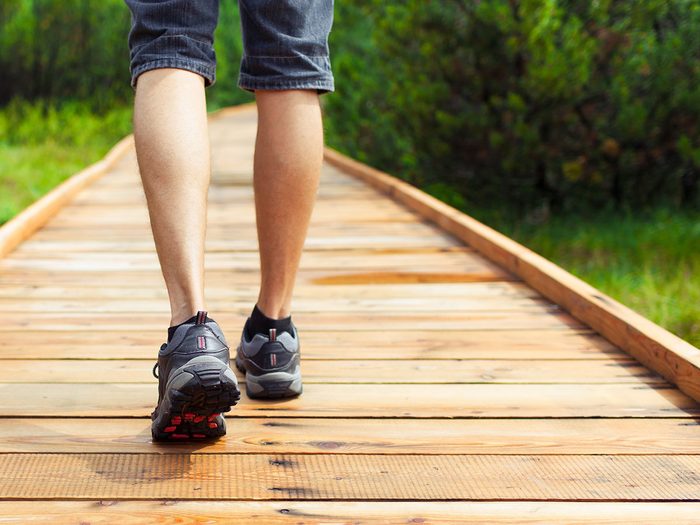
Take Things Slow and Steady
Planning an exceptionally long bike ride? Ease into it. Prior to a major event in the heat, let your body gradually acclimatize. Expose yourself to one to two hours of heat exertion a day for at least eight days.
Find out how much water you should be drinking to stay hydrated.
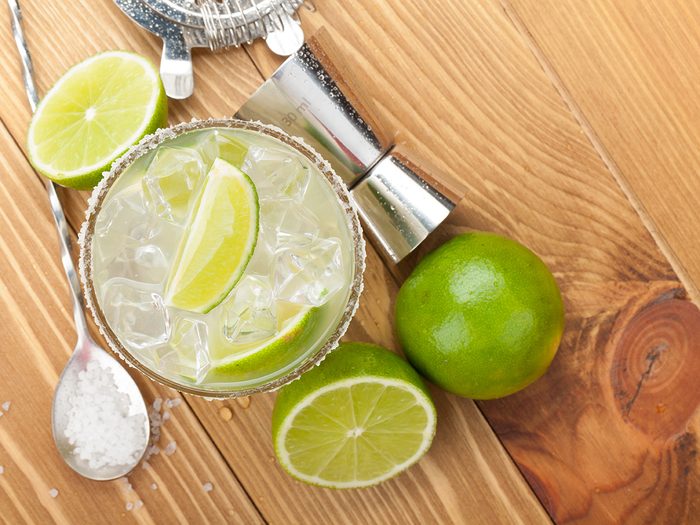
Avoid Alcohol
Although a frosty margarita might seem like just the ticket, alcohol is a diuretic, meaning it dehydrates you. For every unit of alcohol you consume (a shot of liquor, half a pint of beer or half a glass of wine), you urinate 80 mL extra on top of your normal output.
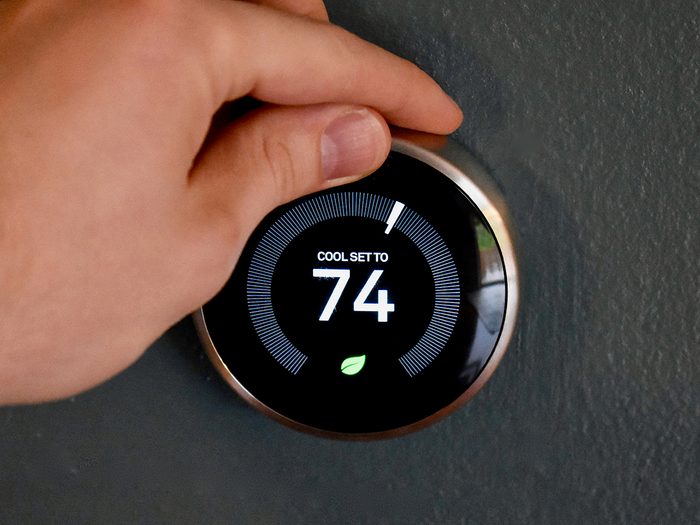
Don’t Go Overboard on the AC
Save energy and cool your house by setting your air conditioner as close to the outside temperature as you can comfortably stand, supplementing with ceiling fans if needed. Keep windows shaded during the day, and turn off sneaky heat-producing devices like incandescent bulbs, PCs and laptops.
Next, check out more tips on how to cool your house without AC.